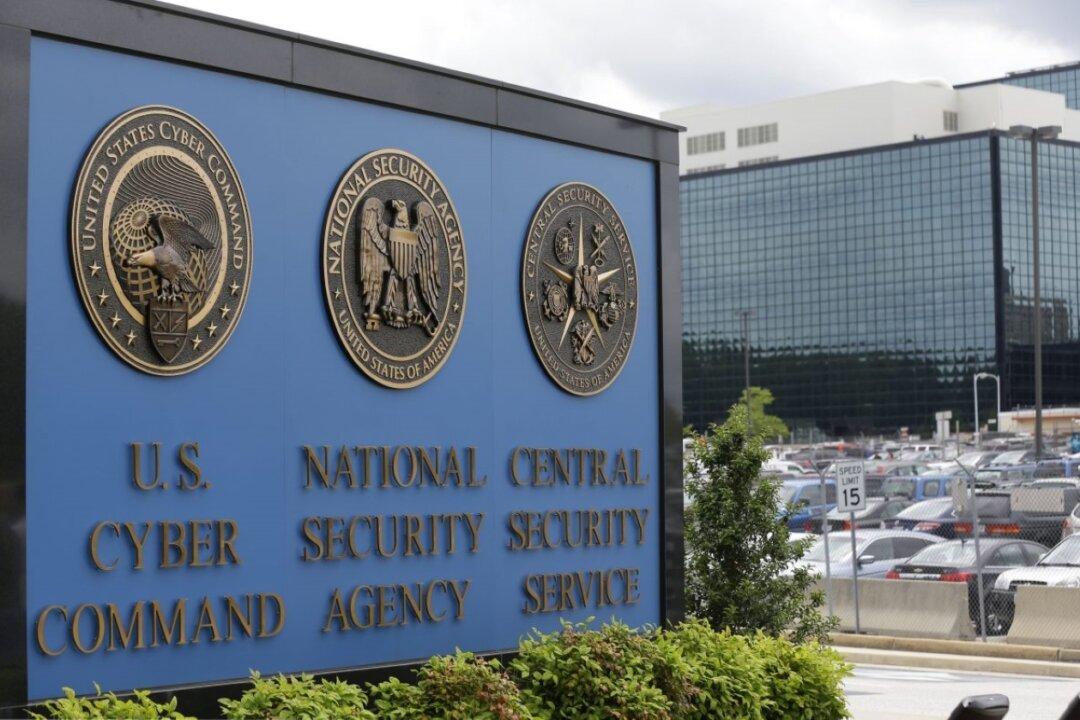The next generation of encryption standards being developed out of the United States will be impenetrable, even by the country’s top code crackers, and resistant to quantum computers, according to NSA Cybersecurity Director Rob Joyce.
“There are no backdoors,” Joyce told Bloomberg May 13, referring to hidden flaws that enable hackers to break encryption.





